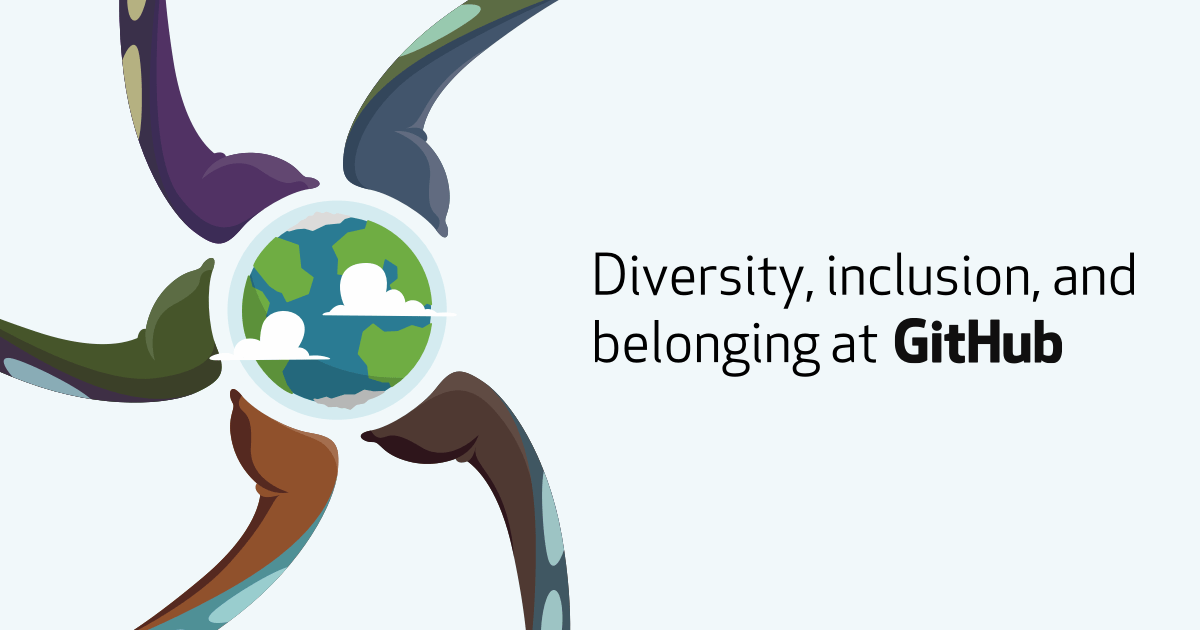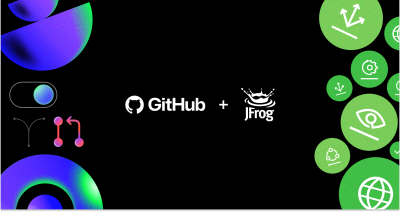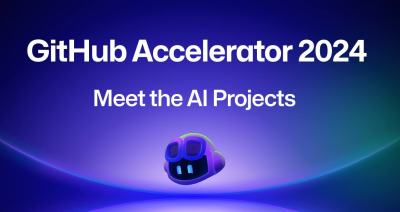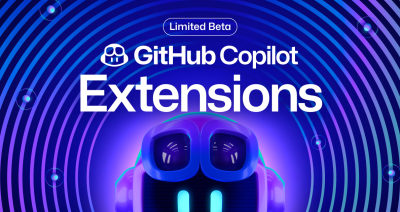Diversity, inclusion, and belonging at GitHub in 2018
We’re proud to share the progress we’ve made over the past year and the work we’re doing to push our company forward.

In 2016, we released our first annual Diversity Report. At the time, we were transparent about our journey and our goals for the future. We made a commitment to improve—and today, we’re sharing an update on our progress and our plans for the road ahead.
If there’s one thing we’ve learned over the past few years, it’s that each Diversity Report is just a snapshot of our journey. This year, we’ve taken our report to the next level—we’ve expanded the scope of the data and the lens through which we look at diversity, inclusion, and belonging at GitHub. We’ve taken a deeper look into our distributed workforce, analyzed upward mobility across the company, and assessed where our retention strategies have fallen short.
In order to build a product that will be used by future generations of software developers, we must continue to build a company that reflects the world we live in.
Reflecting on the results
We’ve seen heartening improvements within some of the data: an increase in the number of our distributed Hubbers, promotion rates among women and men that are about equal (and, if anything, stronger for women), and an increase in black Hubbers who hold leadership positions.
Despite these encouraging results, we also experienced a 4% decrease in the percentage of women and a 1% decrease in the number of underrepresented minorities working across the organization over the past year. While we can’t definitively pinpoint the root cause of these decreases, we have begun to identify systems and programs that will enable all Hubbers to build their careers at GitHub.
Sharing what we built
When we shared our Diversity Report last year, we also launched a new department—Employee Experience and Engagement (EEE)—with a dedicated focus on diversity, inclusion, and belonging (DI&B). As a result, 2018 was a year focused on optimism, transition, and building at GitHub.
We amplified and strengthened our commitment to this work by:
- Integrating our diversity, inclusion, and belonging strategy into our employee experience programs
- Building out our DI&B team
- Formalizing and expanding communities of belonging among employees along various vectors, including locations, demographic backgrounds, interests, and more
We made headway on our DI&B goals in 2018, including the launch of our very first employee resource group (ERG). As our first chartered ERG, the incredible members of the Blacktocats have set a high bar for what an ERG can accomplish at GitHub. They’ve inspired other affinity groups to begin their journey to becoming ERGs: Octoqueer for LGBTQ Hubbers; Adacats (named for Ada Lovelace) for women and non-binary Hubbers; and Latinx Hubbers for Latinx/Hispanic employees.
To further empower our ERGs and their members, our newly formed Inclusion Advisory Council is working to build an open source toolkit to help new groups organize and share best practices within and outside of GitHub.
Mapping the road ahead
Over the next year, we’ll continue to build programs that fit our defined DI&B strategy. We’ve created an apprenticeship program and look forward to welcoming our inaugural cohort this fall. We’ll also strengthen our partnerships with organizations focused on helping people from all backgrounds succeed in tech.
Diversity of experience, background, and identity not only makes us better colleagues, but amplifies our spirit of innovation and our commitment to building the world’s best software platform. We’re working to empower GitHub employees to create, tinker, develop, and bring inspiration to internal and external communities in which everyone can feel welcome.
We’re committed to driving positive change in the coming year and beyond.
Another step closer,

Merritt Quisumbing Anderson | VP, Employee Experience & Engagement
Tags:
Written by
Related posts

GitHub and JFrog partner to unify code and binaries for DevSecOps
This partnership between GitHub and JFrog enables developers to manage code and binaries more efficiently on two of the most widely used developer platforms in the world.

2024 GitHub Accelerator: Meet the 11 projects shaping open source AI
Announcing the second cohort, delivering value to projects, and driving a new frontier.

Introducing GitHub Copilot Extensions: Unlocking unlimited possibilities with our ecosystem of partners
The world of Copilot is getting bigger, improving the developer experience by keeping developers in the flow longer and allowing them to do more in natural language.